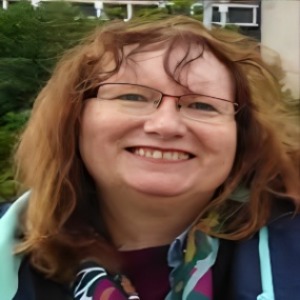Title : Recycling of textile wastes to merit substances
Abstract:
The fast fashion trends in the textile industry have resulted in high consumption of fiber with concomitant generation of waste. Awareness of environmental pollution resulting from textile production and disposal has increased significantly. This increase has pushed research activities toward more sustainable recycling alternatives to properly handle the endof-life of textiles. This review provides an overview of existing technologies, the latest developments, and research studies on the recycling technologies employed in the textile industry. Different types of recycling—mechanical, chemical, and biochemical recycling of standard fabrics used in garments, cotton, wool, polyester, polyamide 6 6, and acrylic— are explored. Recent advances in recycling technologies such as advanced sorting techniques, innovative chemical processing, and emerging biochemical processes are revealed. Various methods for efficient textile waste sorting and identification are also discussed. The studies revealed that most recycling technologies were conducted on post-industrial textile waste, which tends to be homogenous in the types of dyes and fibers present in the waste. It also suggested that post-consumer textiles could be recycled using chemical and biological options that have the potential to valorize the waste into high-value products.



